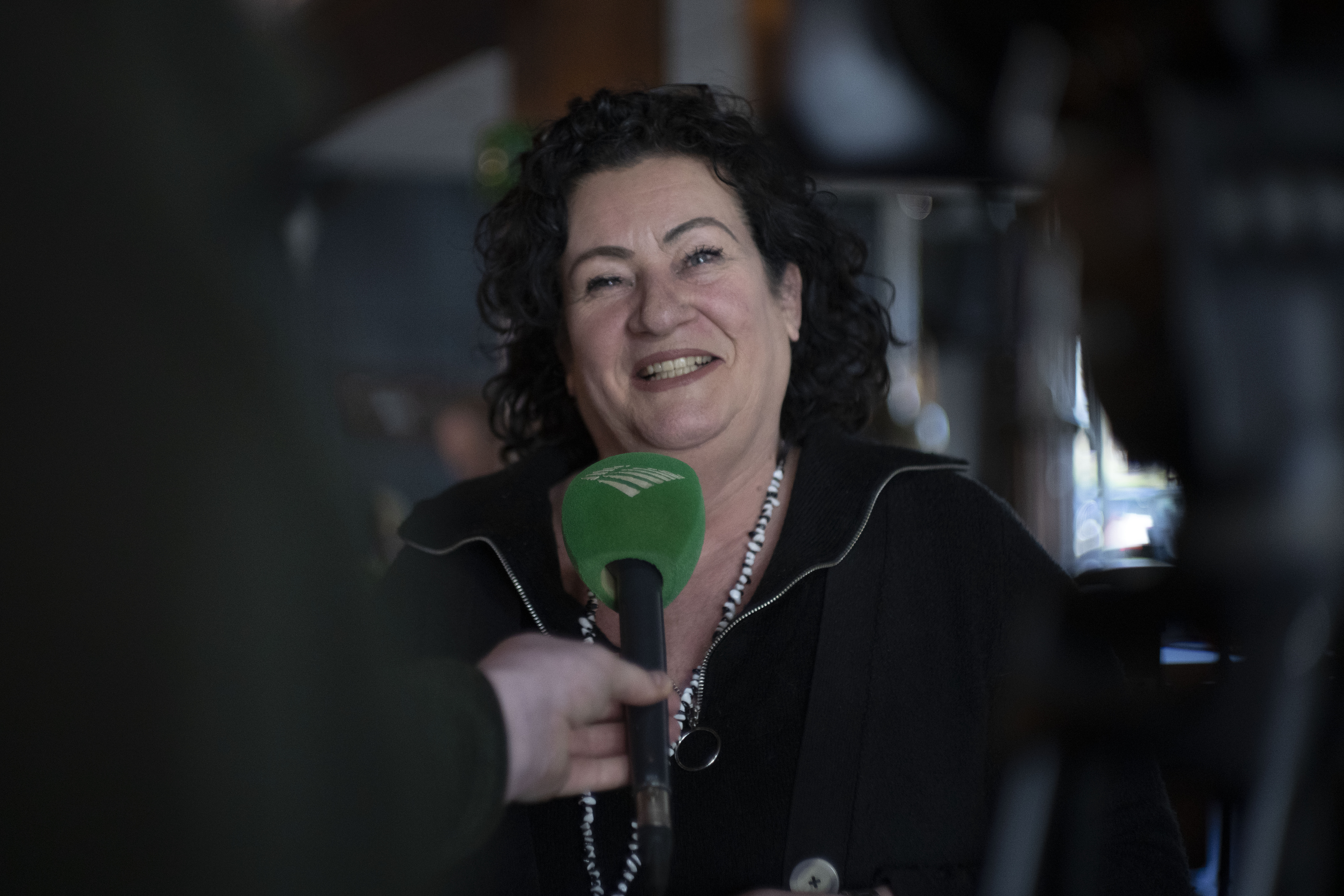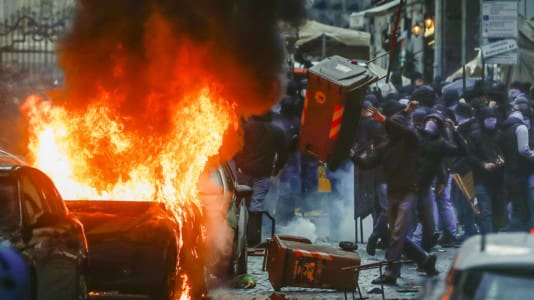Voters dealt a hammer blow to the Dutch establishment in Wednesday’s regional elections, propelling the Farmer-Citizen Movement (BBB) to become the largest party in the Senate in just its first election.
Exit polls projected the movement will win 15 seats in the Dutch upper chamber as voters sent a clear message to Mark Rutte’s government over its planned nitrogen emissions laws campaigners say will devastate the country’s agricultural sector.
“The Dutch have clearly shown that they are fed up with the policy,” BBB leader Caroline van der Plas told De Telegraaf late on Wednesday. “I’m going to party.”
“The turnaround has started. The voters have spoken and have denounced support of this government,” she added in a tweet.
“She did very well,” Dutch Prime Minister Mark Rutte admitted, whose People’s Party for Freedom and Democracy (VVD) saw its projected seats fall from the current 12 to 10.

Government coalition parties didn’t fare much better. The liberal party, Democrats 66 (D66), is projected to drop a seat, as is the Christian Union (CU), while the Christian Democratic Appeal (CDA) is expected to drop four seats from its current nine.
With a collective seat share of just 24, the government coalition has fallen well short of a majority. It will now have to rely on working with opposition parties on specific legislative proposals to push through government policy.
[pp id=69571]
The Senate wields considerable influence in the Netherlands, unlike many other European nations. While it cannot initiate legislation, it has the power to block government policy, and Thursday’s election suggests a period of sustained political stalemate for the country.
One victim of the election night was Thierry Baudet’s Freedom For Democracy (FvD) party. It saw its core voter base capitulate and is expected to lose 10 of its 12 seats. The collapse suggests the surge in support for BBB is to a large degree off the back of deep anti-government and right-wing sentiment.
Turnout was 61 percent, up significantly by 5 percentage points on 2019, suggesting the BBB managed to galvanize disenfranchised voters as the movement stormed to victory in almost every province to have already declared an outcome, including Drenthe, Overijssel, Friesland, Flevoland and Zeeland. The party is also projected to win in Gelderland, North Brabant, Limburg, and Groningen, and is neck-and-neck with the governing VVD in both North and South Holland.
The election result follows a recent Rabobank survey that revealed just 1 percent of Dutch citizens believe the country is clearly heading in the right direction, while 86 percent of respondents are pessimistic about the country’s trajectory.
The rise of the BBB over the past two years has been in response to the government’s plans to appease EU nitrogen emissions targets by imposing radical agricultural reforms. It introduced plans last year to reduce livestock numbers by a third, while farmers have also been told their land could be subject to compulsory buyouts.
[pp id=69143]
The policy resulted in agricultural workers staging several demonstrations against the government, blocking motorways and supermarket distribution centers in mass protests last year.
At a recent demonstration in The Hague ahead of the elections, over 10,000 Dutch farmers came to hear campaigners speaking out against the government plans.
“We are fighting against a corrupt and unjust government,” Eva Vlaardingerbroek, a prominent campaigner in defense of the farmers, told attendees. She spoke of a government that “drives our farmers from their land” and that has “turned on its own population.”
The planned reductions affecting Dutch agriculture have been described by industry leaders as “so severe that rural communities will be totally devastated economically.” Those were the words of Sander van Diepen, a spokesperson for the Dutch agricultural and horticultural association, LTO Nederland, speaking in June last year.
Wednesday’s electoral victory does not guarantee success against the government’s plans, but with support from JA21 and Geert Wilders’ PVV party, the farmers’ movement will be able to establish a solid block of opposition to government policy and seek to frustrate the process.





